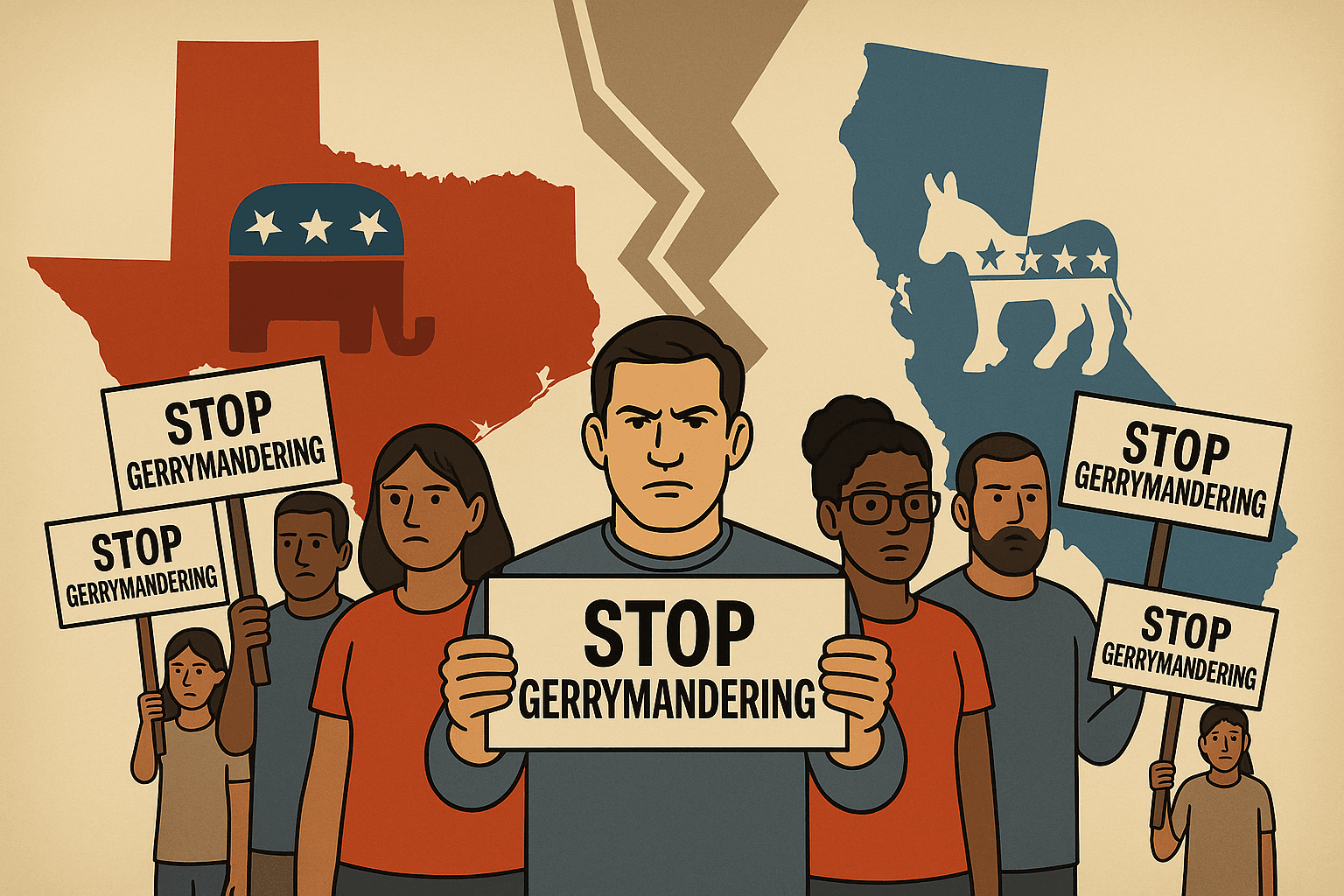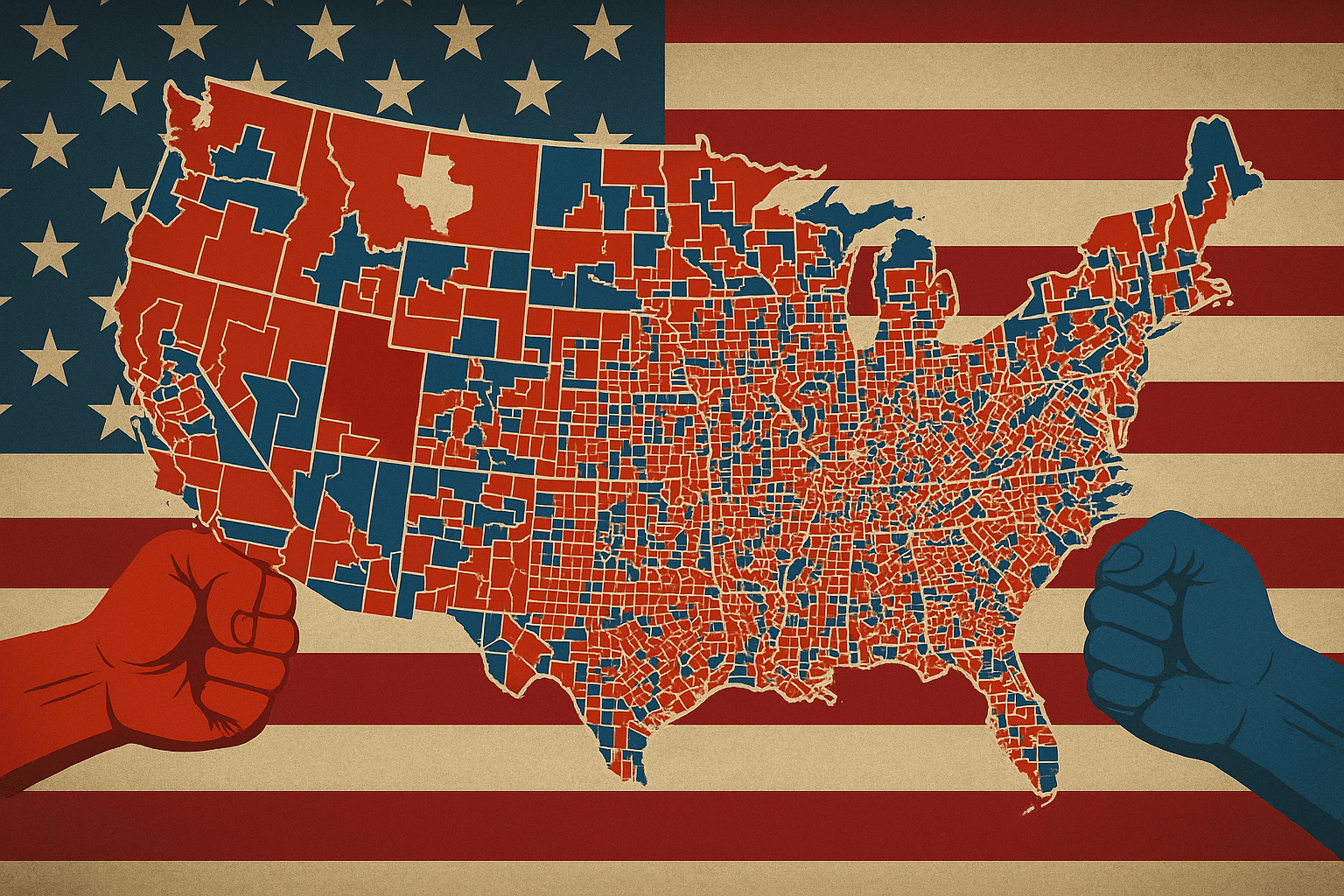SDSU Panel: America Is Not a Functioning Democracy

The Political Science Department of San Diego State University hosted a panel on Thursday, March 28, 2016, to critique the presidential election. Speakers Bill Van Auken, leading member of the Socialist Equality Party, and Paul Street, author of They Rule: the 1% Versus Democracy, discussed how America’s political system fails to be a democracy, the faults of the parties and candidates, and young people's growing interest in socialism.
The discussion, titled “Elections without Democracy: The Bankruptcy of the Two-Party System,” was held in a lecture hall on SDSU’s west campus. Various students, professors, and community members attended the talk. The candidates were asked to answer three main questions:
- What is the state of democracy today in the United States?
- How do you understand the major parties’ roles, and how do Trump and Sanders impact those roles?
- What is the solution?
Bill Van Auken and Paul Street both said the U.S. is no longer a functioning democracy, and does not give voice to the ordinary citizen. Van Auken called our current government a plutocracy: of the rich, by the rich, and for the rich. Street said oligarchy: of the few, by the few, for the few.
Van Auken and Street exclaimed the people’s lack of political power can be seen through the top two presidential candidates - Donald Trump and Hillary Clinton - who are also the most disliked in the country.
Street claimed democracy is impossible under capitalism, and that the U.S. has never been a democracy. He asserted if voting made any difference, it would be illegal.
Both speakers argued against the current party system. Notably, they claimed the Democratic and Republican parties are both politically right, and called them “two wings of the same bird of prey.” Choices between either party were categorically referred to as between “two evils.” Street defined the Democrats as a “shock absorber” for social movements.
Both speakers wrote off Bernie Sanders as a left candidate, stating he is a capitalist, and thus no threat to the Democrats. On the other hand, Donald Trump is critical of elites, cheap labor, and the imperialistic nature of America. Though, they claimed, his fascism, sexism, and racism fit him into the Republican Party, and the party is trying to write him off.
The source of crisis in the U.S. democracy, said Van Auken, can be traced to the concentration of wealth and the social polarization between (and within) classes. This has led to the growing interest in socialism.
He stated that young people have been interested in socialism before Sanders. Youth have been looking for an alternative to capitalism, due to what Street calls despotic work and living conditions.
Van Auken called for the workers of the world to unite, and both speakers called for a radical reconstruction of society from the bottom up. Street asserted people need to focus on issues with a life cycle beyond major party agendas and socialism needs a lasting presence inoculated against candidate obsessions (as with Sanders). Street added that candidates aren’t going to save us.
The speakers did not differentiate on any particular point. Both maintained that U.S. democracy is broken, that the major parties are two sides of the same corrupt coin, and that the solution is socialism.
Photo Credit: Carlos Yudica / shutterstock.com



